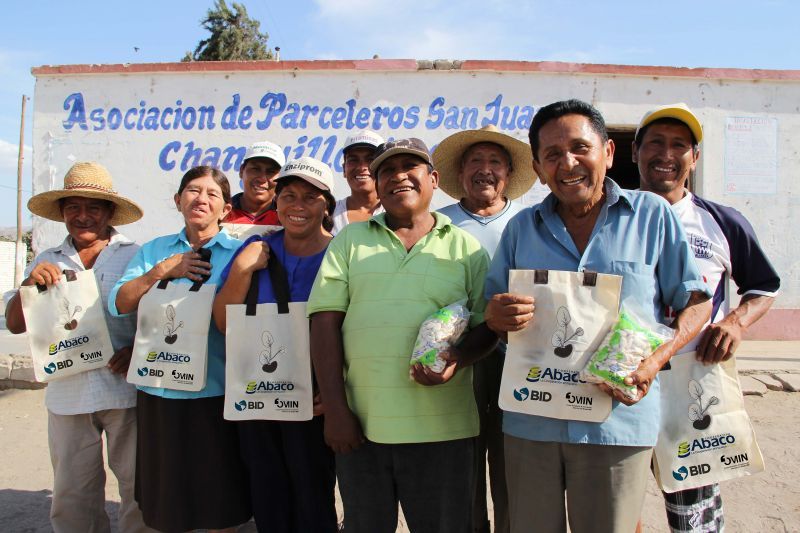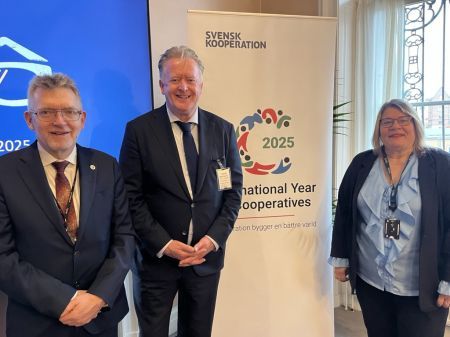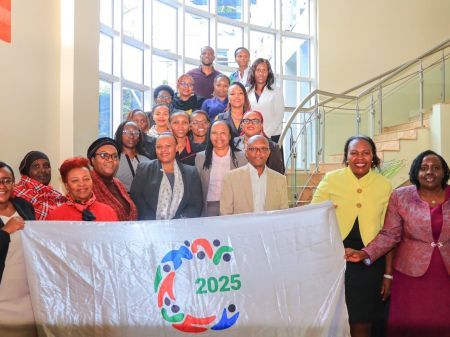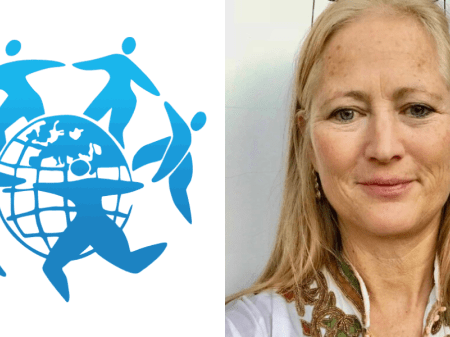
p.p1 {margin: 0.0px 0.0px 0.0px 0.0px; font: 12.0px 'Trebuchet MS'; color: #000000; -webkit-text-stroke: #000000} p.p2 {margin: 0.0px 0.0px 0.0px 0.0px; font: 12.0px 'Trebuchet MS'; color: #000000; -webkit-text-stroke: #000000; min-height: 14.0px} p.p3 {margin: 0.0px 0.0px 5.0px 0.0px; font: 12.0px 'Trebuchet MS'; color: #000000; -webkit-text-stroke: #000000} span.s1 {font-kerning: none} span.s2 {text-decoration: underline ; font-kerning: none; color: #0563c1; -webkit-text-stroke: 0px #0563c1} span.s3 {font: 12.0px 'Times New Roman'; font-kerning: none} span.s4 {font-kerning: none; color: #141414; -webkit-text-stroke: 0px #141414} span.s5 {font-kerning: none; background-color: #ffff00}
The 56th session of the Commission for Social Development (CSocD56) took place at the United Nations Headquarters in New York from 29 January to 7 February. The Commission is the advisory body for the social development pillar of global development. The priority topic for this year: “Strategies for eradicating poverty to achieve sustainable development for all” is in close connection to the role and activities of co-operatives around the world.
Based on a report presented by the Secretary General of the United Nations, the Commission discussed and analysed strategies that have proven to be efficient in eradicating poverty and, in particular, extreme poverty. The report states that “strengthening co-operatives and producer organisations is also an effective strategy to empower rural people living in poverty and make the rural economy more productive”. But besides this important role of empowering people, co-operatives are also vehicles to drive other poverty alleviation strategies.
The Commission discussed many of the factors that lead to poverty, such as unemployment, climate changes, discrimination, inequalities, and others. In all these, co-operatives have a very strong record of action by providing stable and decent employment, protecting the environment, caring for the communities where they operate, and by serving as centres of democracy and equal opportunity for people, without discrimination.
Unemployment and informality were identified as rising concerns. Without a job, or without decent and stable conditions of employment, it is impossible for the most vulnerable to lift themselves out of poverty. In addition, the lack of sufficient social protection in many countries makes the situation worse. Employment creation and transitioning workers from the informal to the formal economy should thus be a priority, particularly in government-led initiatives to end poverty. Co-operatives already employ 10% of the active population in the world, a total of 279 million people. Helping the creation and development of co-operatives is one of the ways governments can stimulate employment. From another perspective, the role of cooperatives in transitioning workers from the informal to the formal economy has been well documented and recognised by the International Labour Organization, which is another reason why stimulating the creation and development of cooperatives can have a direct impact in reducing unemployment and informality, thus reducing poverty.
The Commission also looked at some of the challenges of climate change and its impact on poverty. It is important to note that many of these immediate impacts will be felt in areas that are already struggling with higher rates of poverty. Extreme weather events will, most likely, affect the poorer communities. Therefore, strategies to mitigate the adverse effects of climate change are needed, and also in this case, co-operatives can have a role to play.
In terms of inclusion and reducing inequalities, the Commission looked at the extensive work that is still needed. It was reported that both income and social inequality are increasing. The most vulnerable groups, such as women, youth, minorities, indigenous people, among others, are also the most affected by rising inequality. It is important that co-operatives, when working in their local communities, be agents of positive discrimination by establishing policies and activities that actively counter inequality.
It is evident that the challenge of fully eradicating poverty still looms large. While governments have the primary responsibility for this effort, co-operatives can contribute to it by implementing effective strategies, share knowledge and establish partnerships with other agents of change.
Fighting poverty has been identified by the International Co-operative Alliance as one of the working areas where co-operatives can make a big difference in the implementation of the Sustainable Development Goals (SDGs). In the online platform ‘Co-ops for 2030’ (www.coopsfor2030.coop), there are many examples of how co-operatives are pledging to achieve these objectives that might serve as an inspiration to others. The campaign Co-ops for 2030 has been created within the framework of the ICA-EU partnership, also called #coops4dev. Read more information about #coops4dev partnership here.
To showcase some of these examples and to call on countries to continue to support co-operatives as tools to fight against poverty, the Committee for the Promotion and Advancement of Cooperatives (COPAC) organised an event during one of the days of the meetings of the Commission on Social Development. You can read more about that event here.
The CSocD56 concluded with the adoption of measures by government officials and civil society leaders, including the creation of social protection systems, that would help lift the millions of people still living in poverty, especially those in vulnerable situations. The Commission adopted several resolutions on topics such as ageing, strategies for eradicating poverty and Africa’s development.
It was also decided that the 2019 priority theme would be “Addressing inequalities and challenges to social inclusion through fiscal, wage and social protection policies”.
Photo (c) ABACO: Meeting one of the SDGs, ABACO co-operative from Peru offers tailored financing opportunities to small rural producers. Allowing them to expand and improve their production activities, and, consequently, the economic condition of their families.




